A Guy Ritchie movie is always comforting because you know what you’re going to get. It’s exactly what it says on the label, and that’s not an insult. Few directors are as reliable or capable of delivering consistently entertaining – if highly specific – fare as he. It won’t win him any new converts, but for those already on board The Gentlemen is nothing short of a good time at the movies.
Mickey Pearson wants out. A successful weed merchant on the cusp of going legit, he’s had it with a life of looking over his shoulder. The arrival of a skeezy American businessman seems like the perfect opportunity to sell everything, except for the aggressive Chinese crime lord looking to muscle his way into the business. Meanwhile, a gossip rag editor who Pearson snubbed in public is looking for revenge. Told in every fashion but linear, THE GENTLEMEN is never surprising — and it doesn’t need to be.
Ritchie’s world-building is as impeccable as ever. The setting is present-day London, but it’s as real as any world that Wes Anderson creates. Complete with designated turfs for increasingly oddball gangs, it feels like an extra filthy storybook for adults. As always there’s a genuine joy in discovering how everyone fits into the big picture, and the cast never disappoints.
Compared to Ritchie’s previous outings, THE GENTLEMEN is even more mosaic than before. Some players don’t even show up until well into the halfway mark. By the time Coach, a charming Colin Farrell, shows up, it feels like a second course in a fine meal.
In other parts, The Gentlemen utilizes newcomers and series favorites superbly.
Matthew McConaughey brings a smattering of charm and southern menace to Mickey Pearson; Charlie Hunnam continues to impress in everything he does; and Michelle Dockery steals the shows in an easy best-female-role-in-a-Guy-Ritchie-movie winner.
A sleazy Hugh Grant seems to be having the time of his life playing against type as journo Fletcher. There’s also a wonderfully understated and dry turn from MVP Jeremy Strong, slithering about like a snake in a fine suit. Though underdeveloped, Henry Golding (of CRAZY RICH ASIANS fame) is as delightful as the scenery-chewing Dry Eye.
There are faults, though you’ll be too busy having fun to notice during the film. The script, riddled with flashbacks, asides, and leaps into fantasy is pure Ritchie, warts and all. None of it is boring, but it is the kind of convoluted you either go along with or absolutely disdain. It would be tempting to call it twee, but smart-ass might be more of this film’s style.
Everything is here, even the kitchen sink, and Ritchie’s storytelling is reminiscent of a hazy recollection of events. Imagine a group of absolute mad lads piecing together what happened the other day and you’re close. At best the dialog is clever in a big and dumb way – at worst it’s just big and dumb. The street slang, both real and imagined, is intoxicating in its extravagance. (“There’s fuckery afoot” is a particular gem.) The best of these are reserved for Michelle Dockery, deadpanning her way to the funniest lines in the film.
There’s plenty of posturing, and much of the humor comes from the vain attempts at being tougher than other guys. Everyone is getting up there in age, and it’s starting to feel like Ritchie knows this. Even London feels more worldly than before, but instead of the bitter nostalgia fare seen in RocknRolla, his writing feels more welcome to it than before. I believe that one day, if later than sooner, we’ll get a real operatic crime epic from Ritchie, the kind his career feels like it’s building up to.
Until then, these vignettes of hardened goofballs are more than a fine way to spend time with.


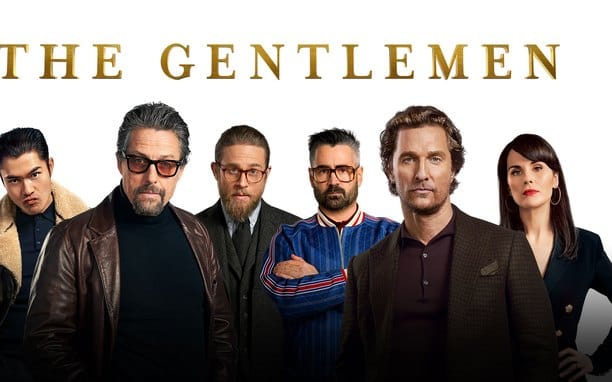
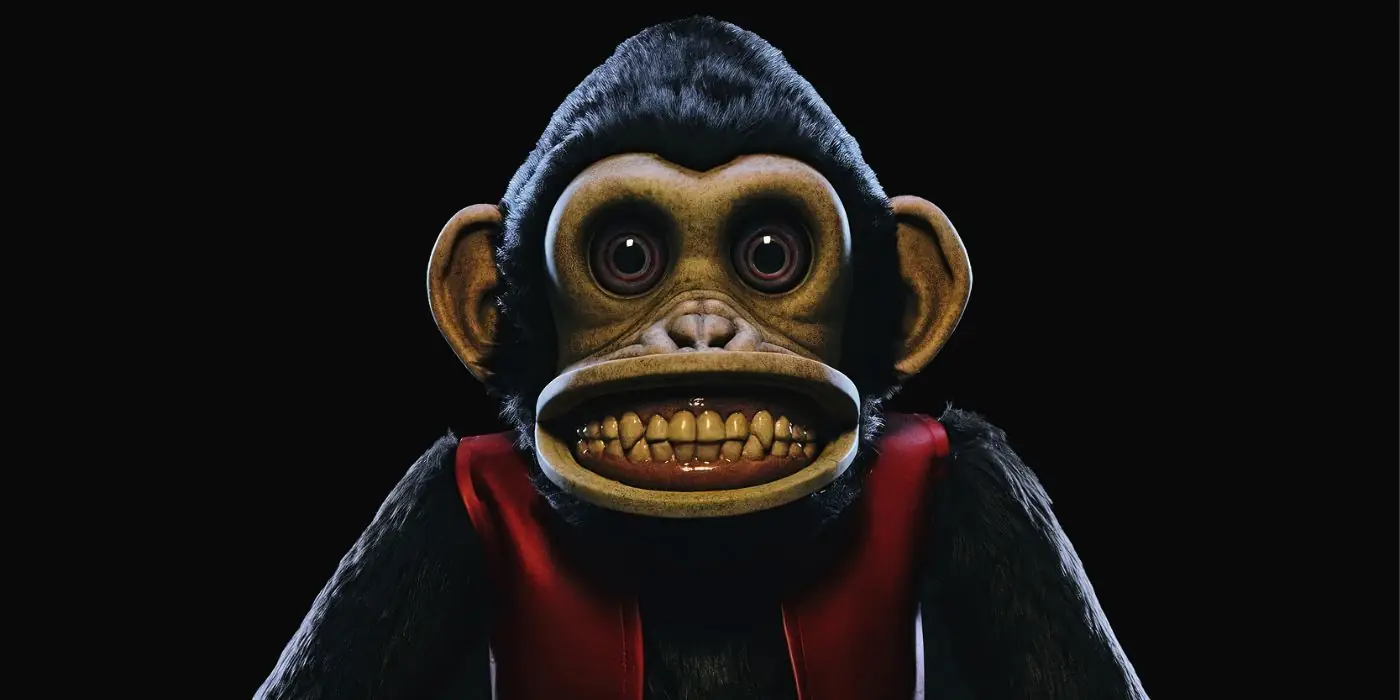
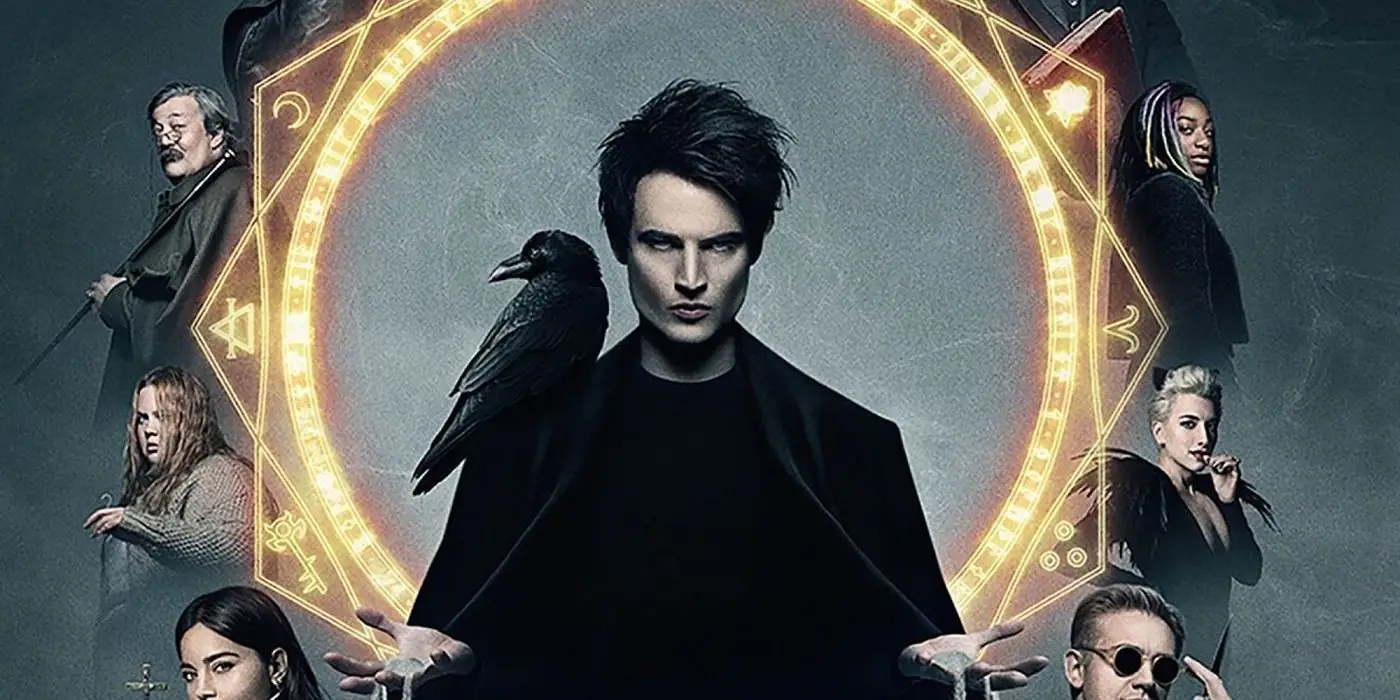
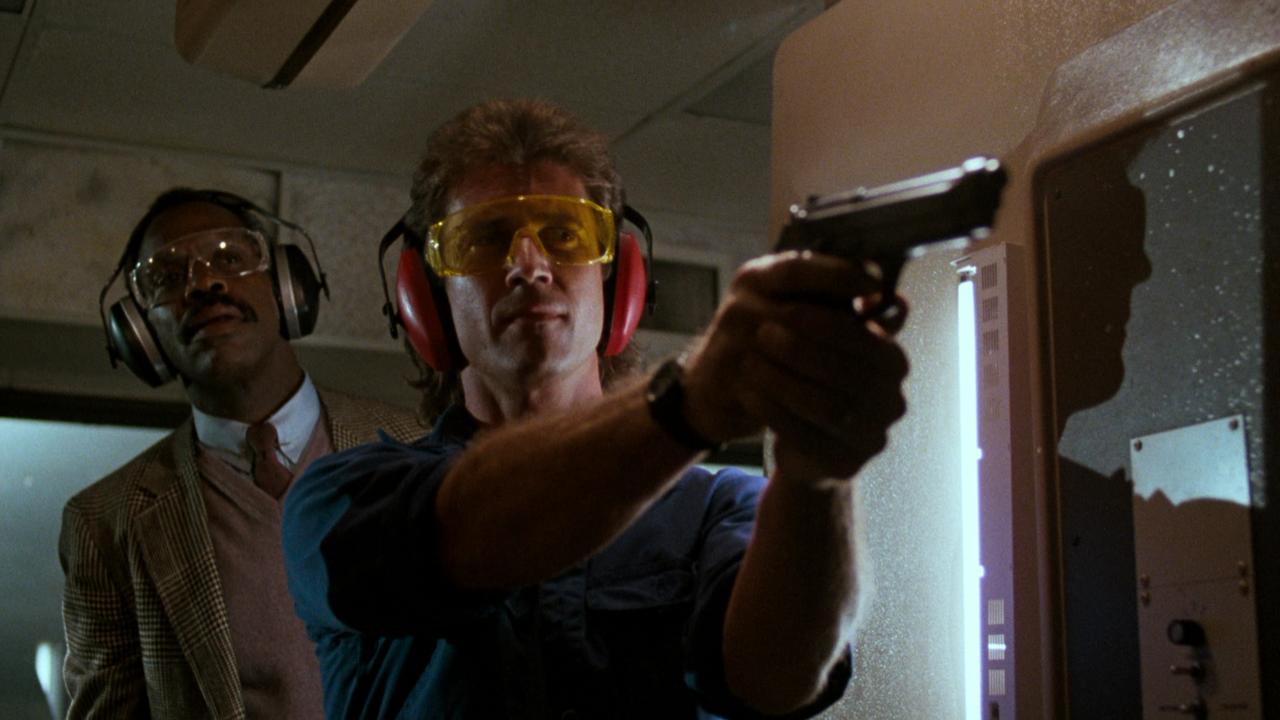


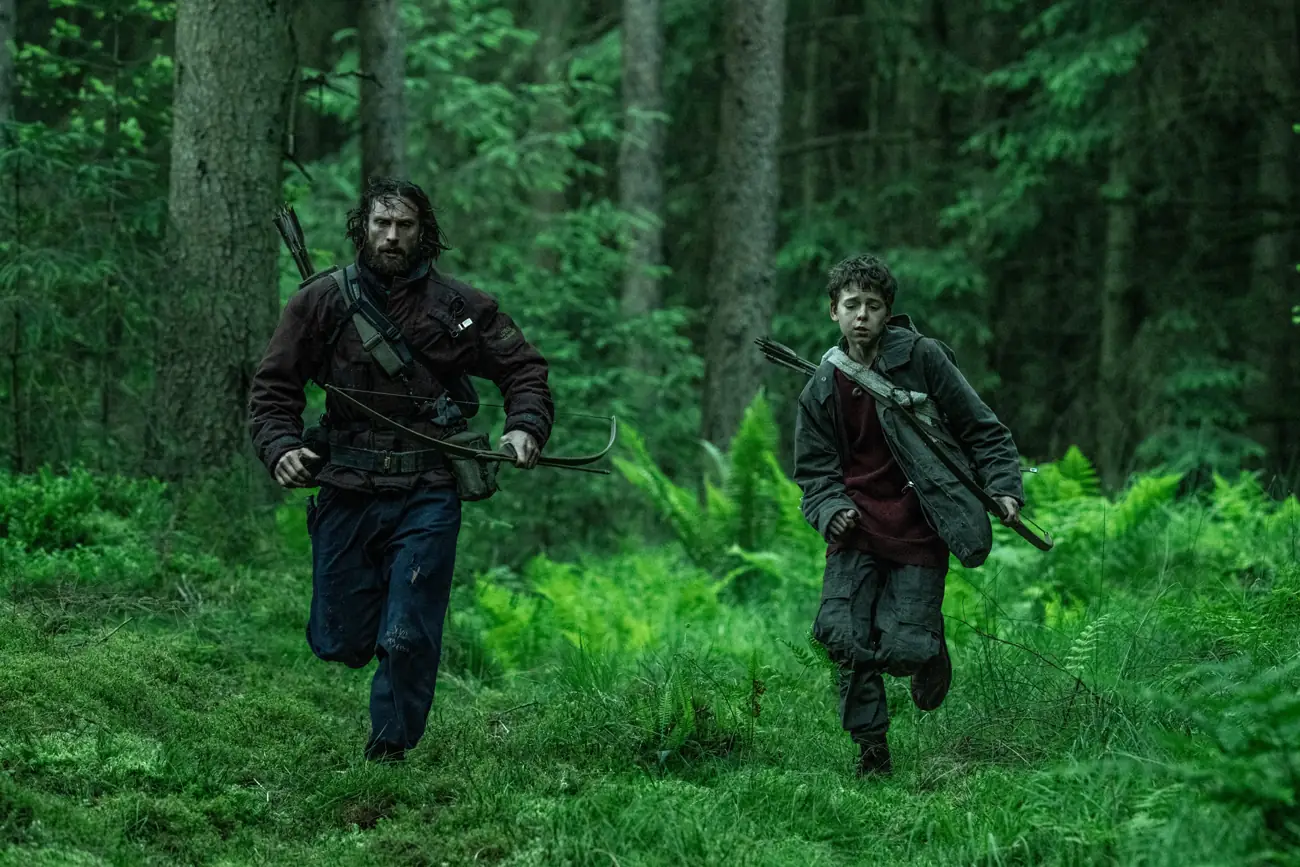
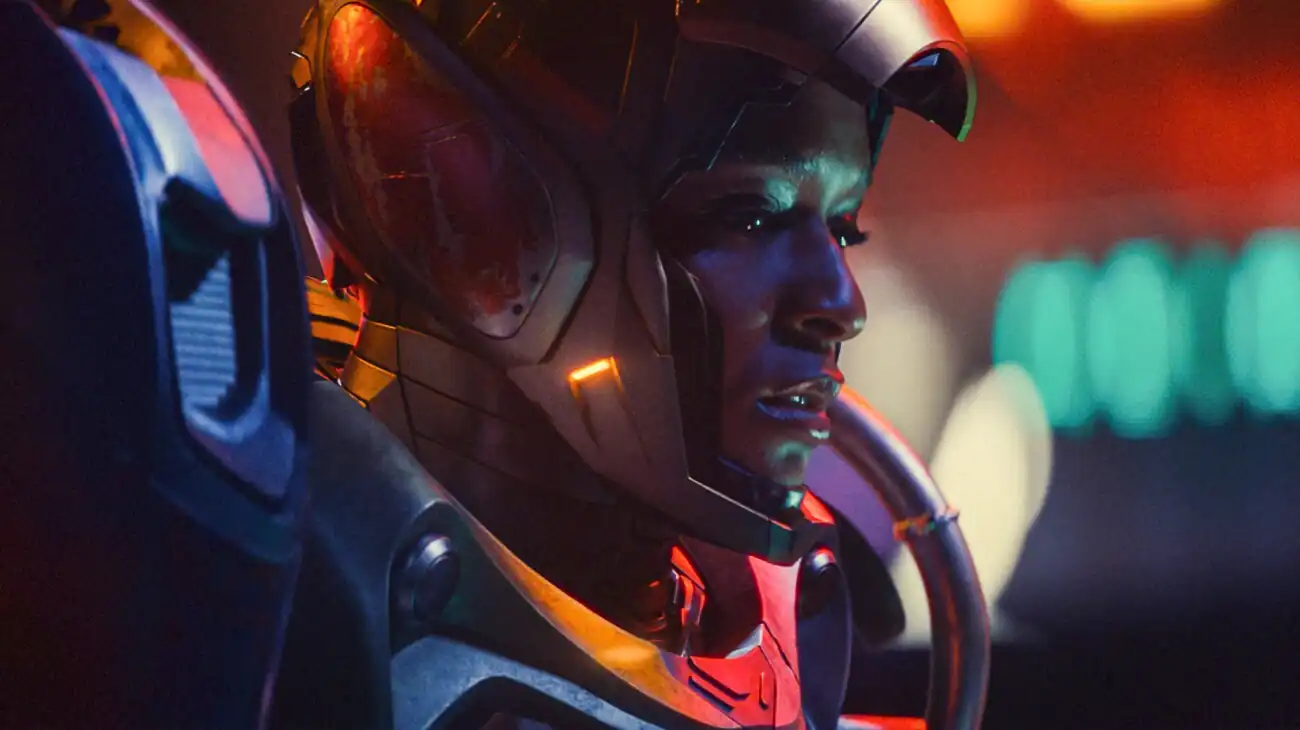


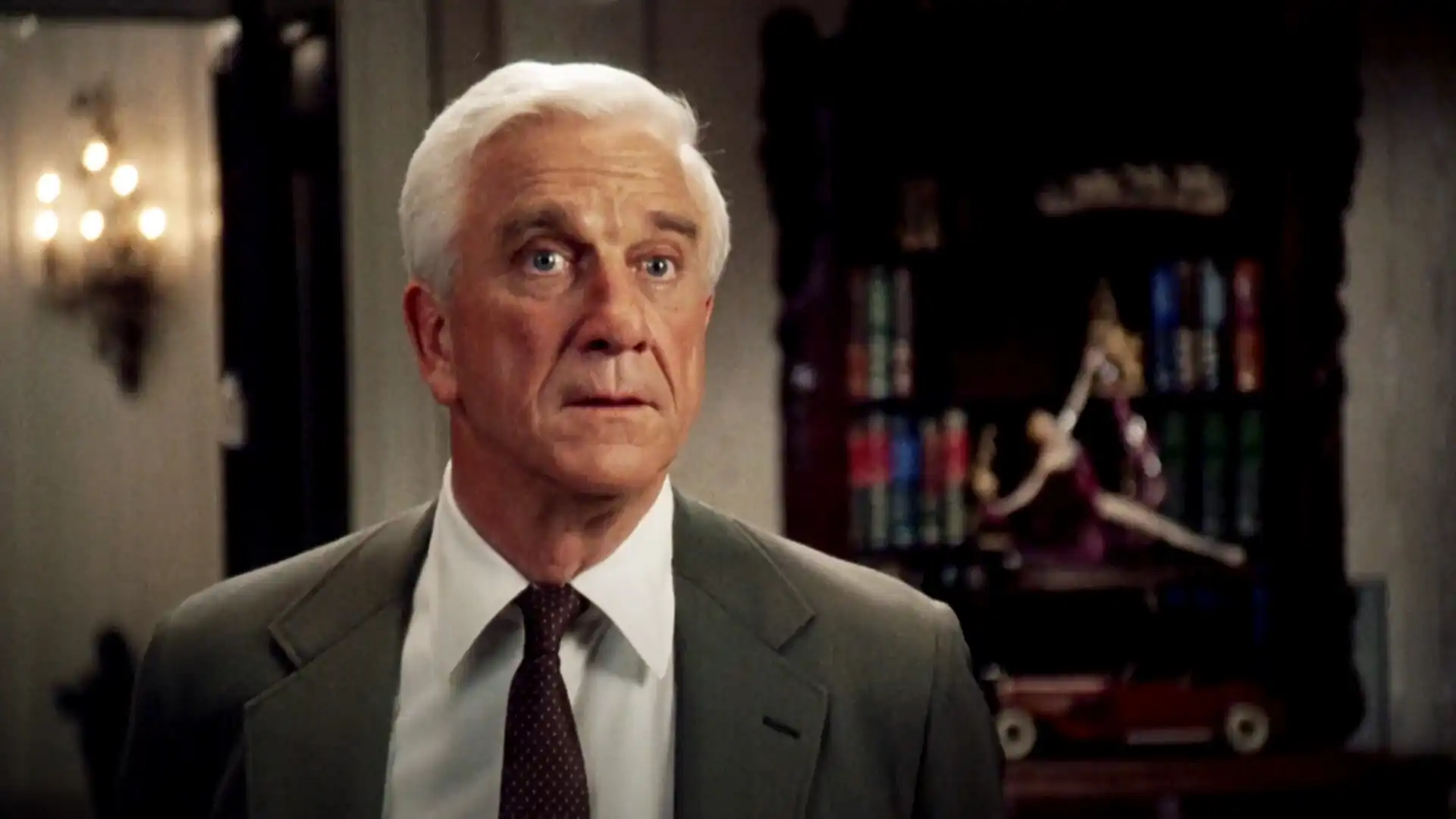

Discussion